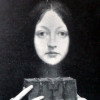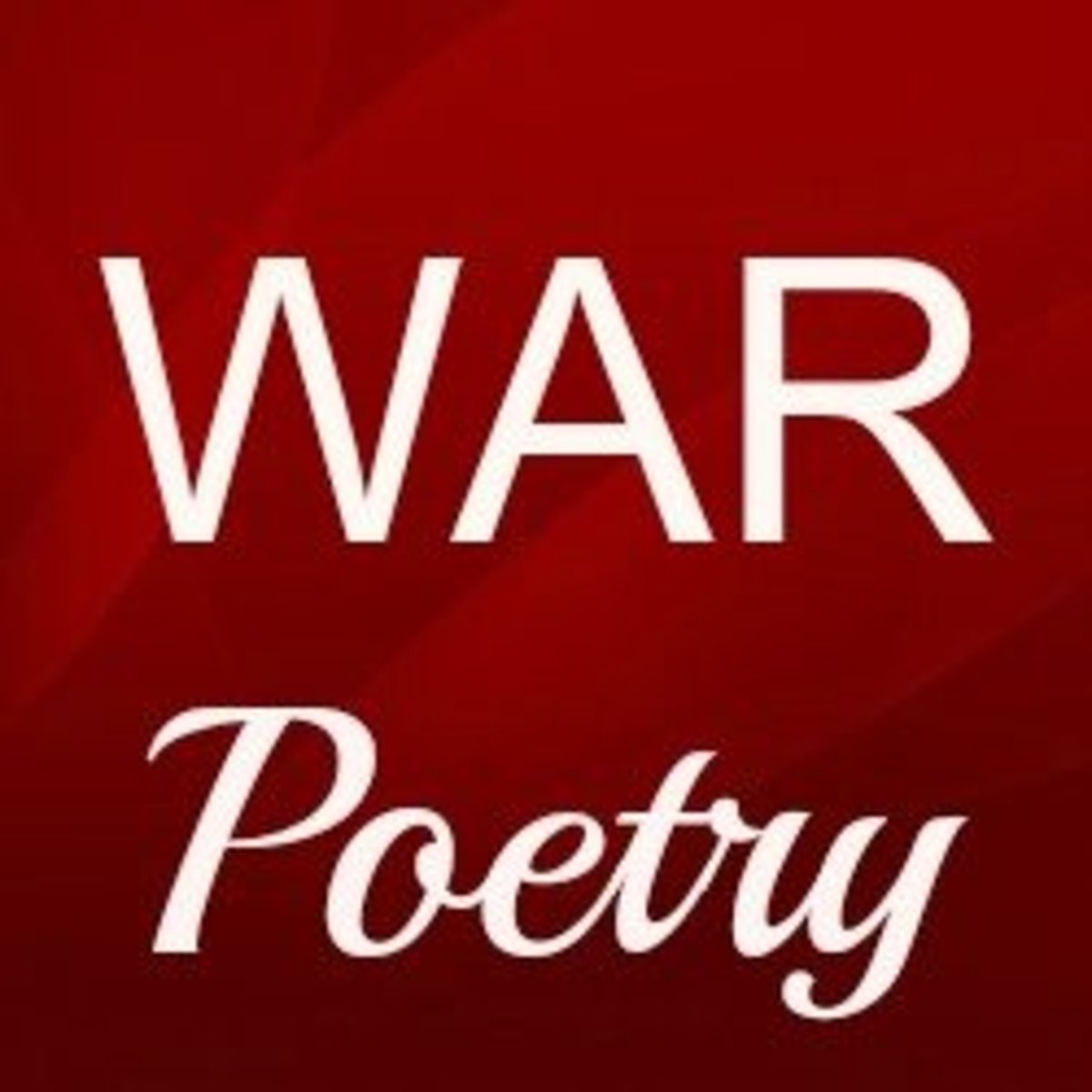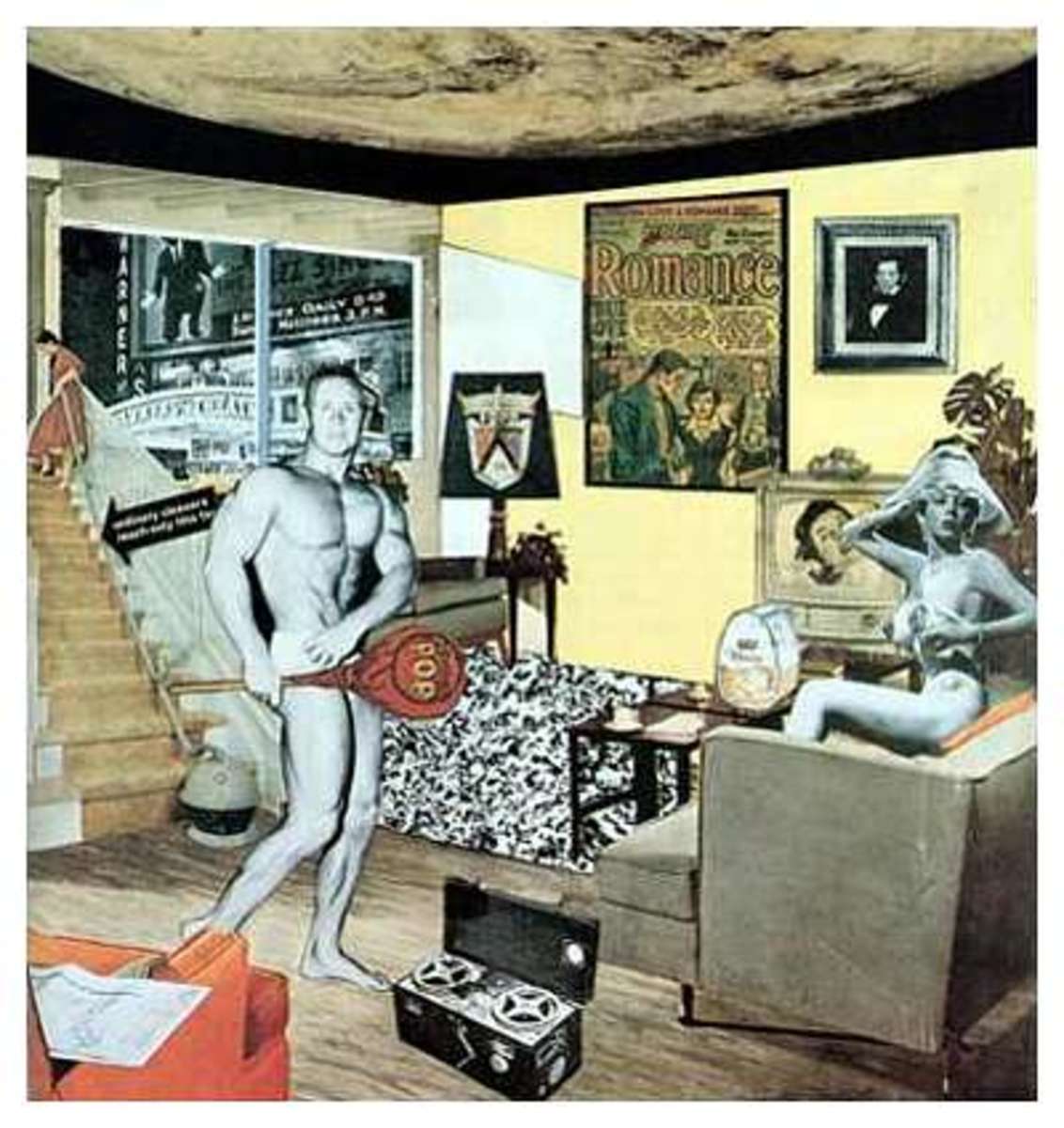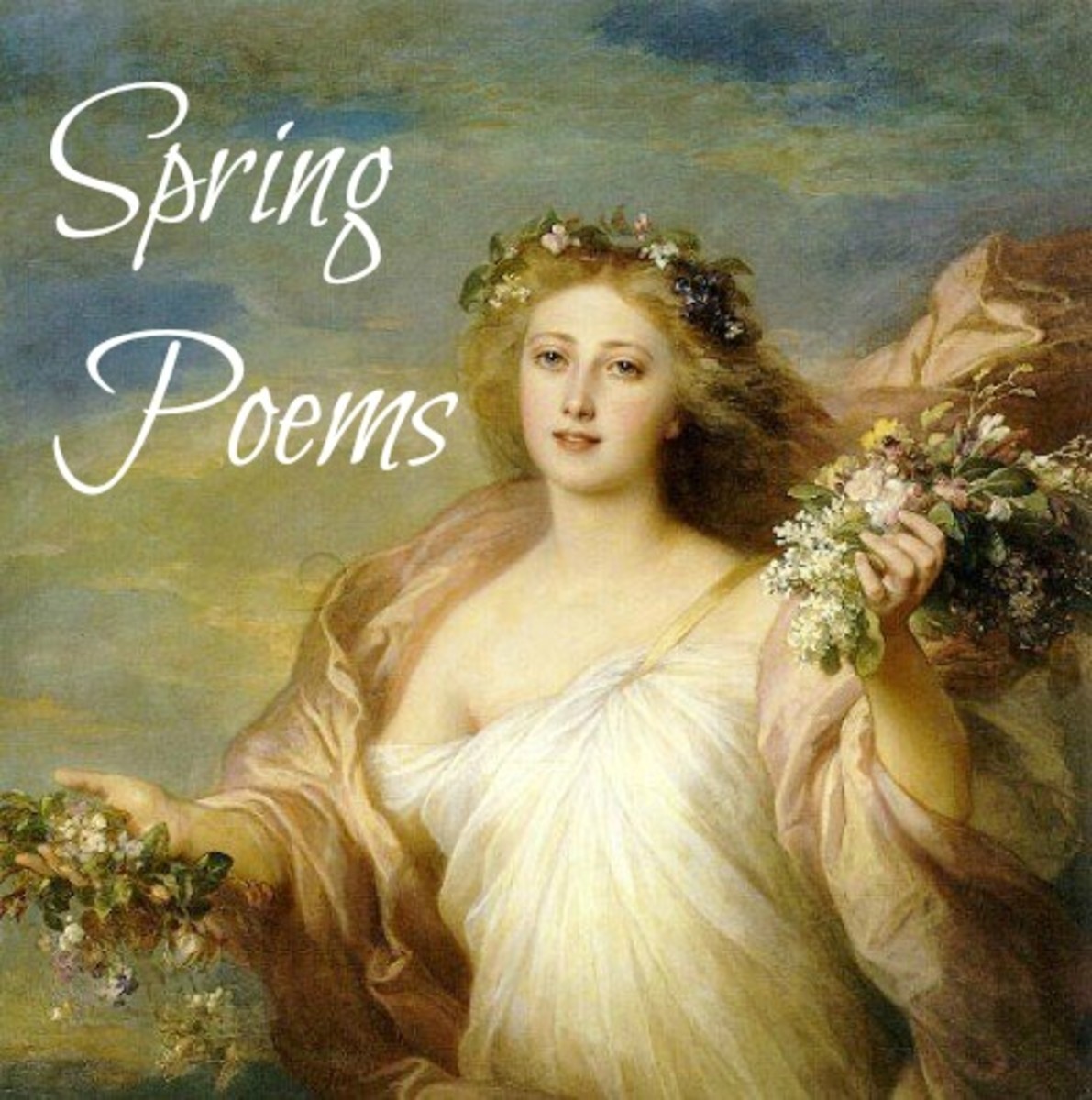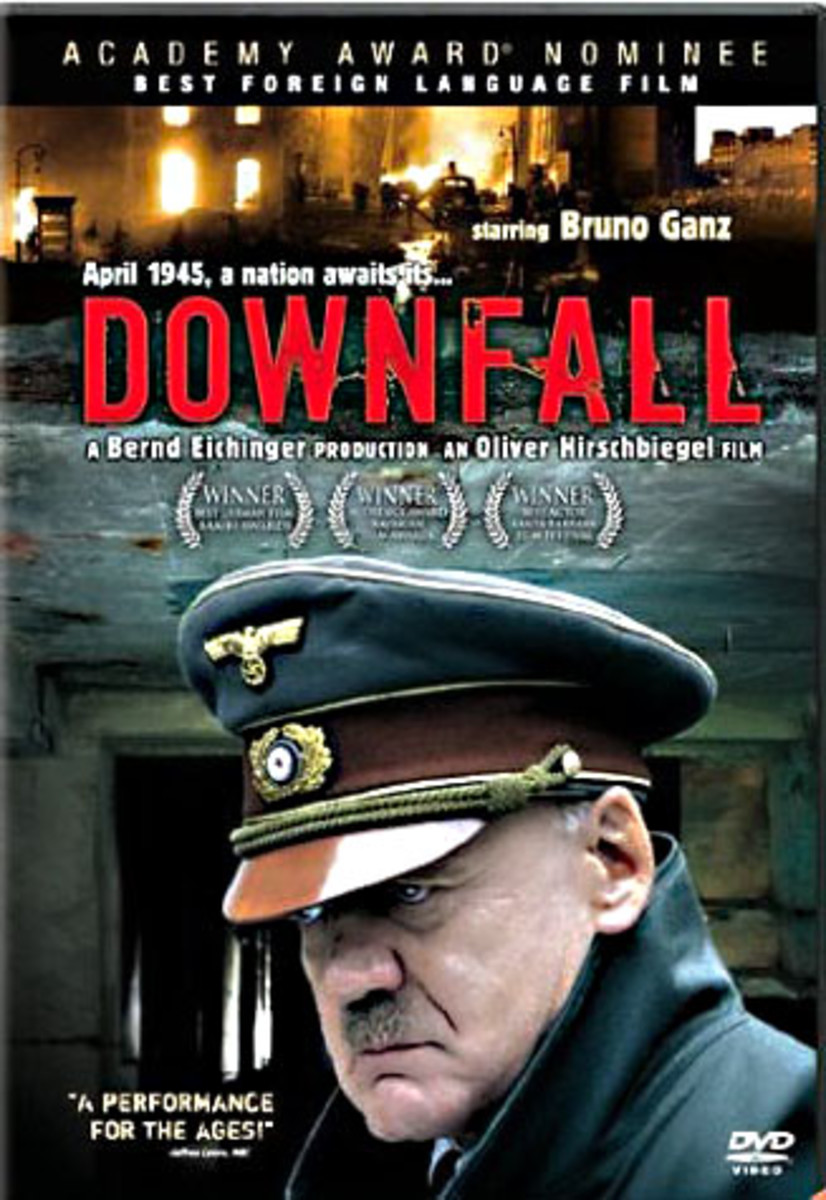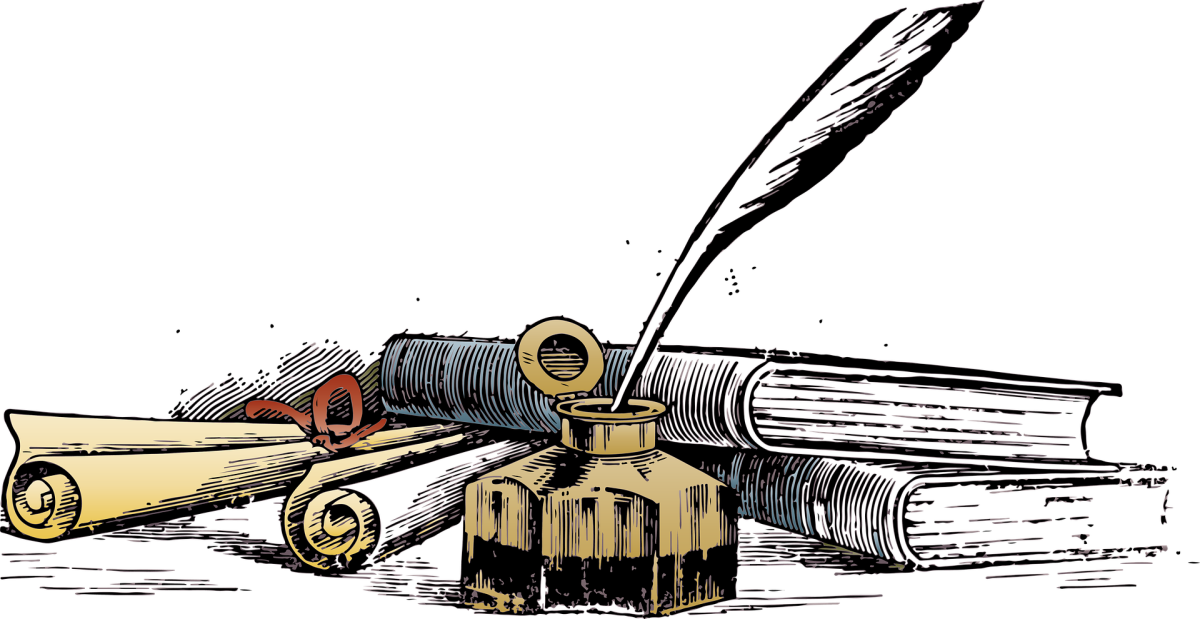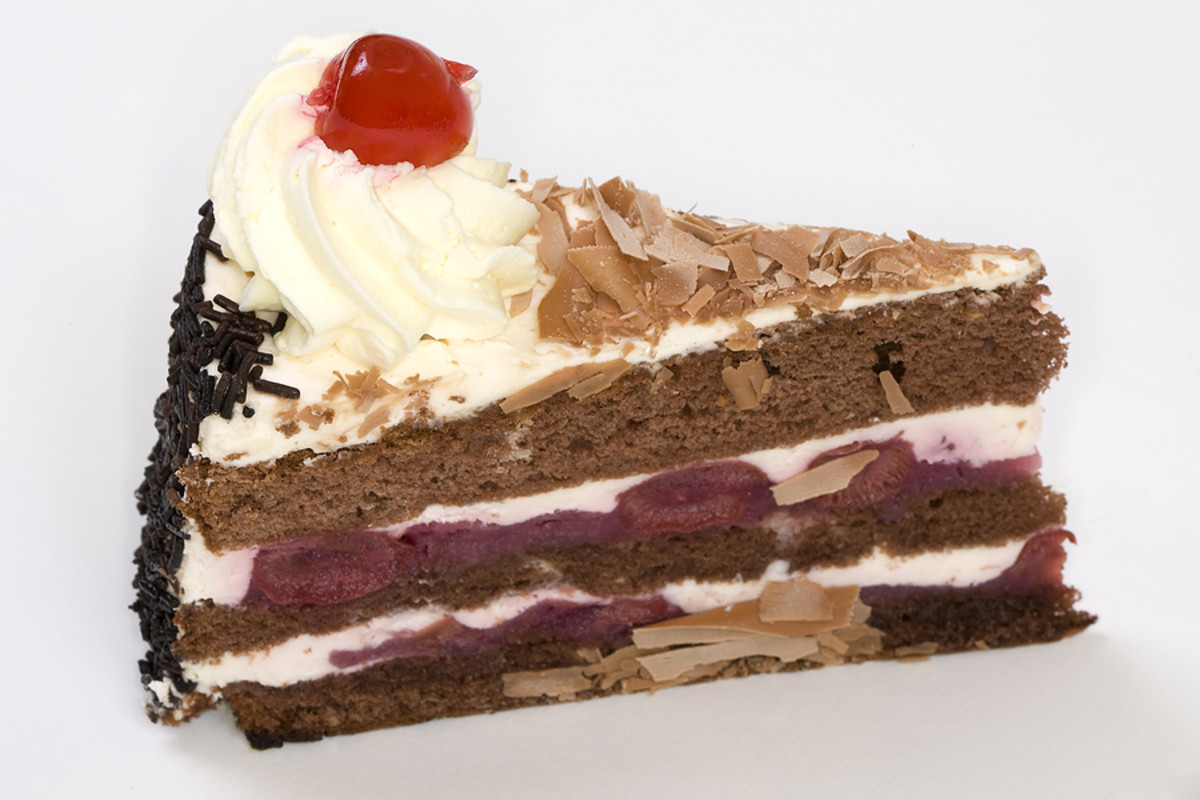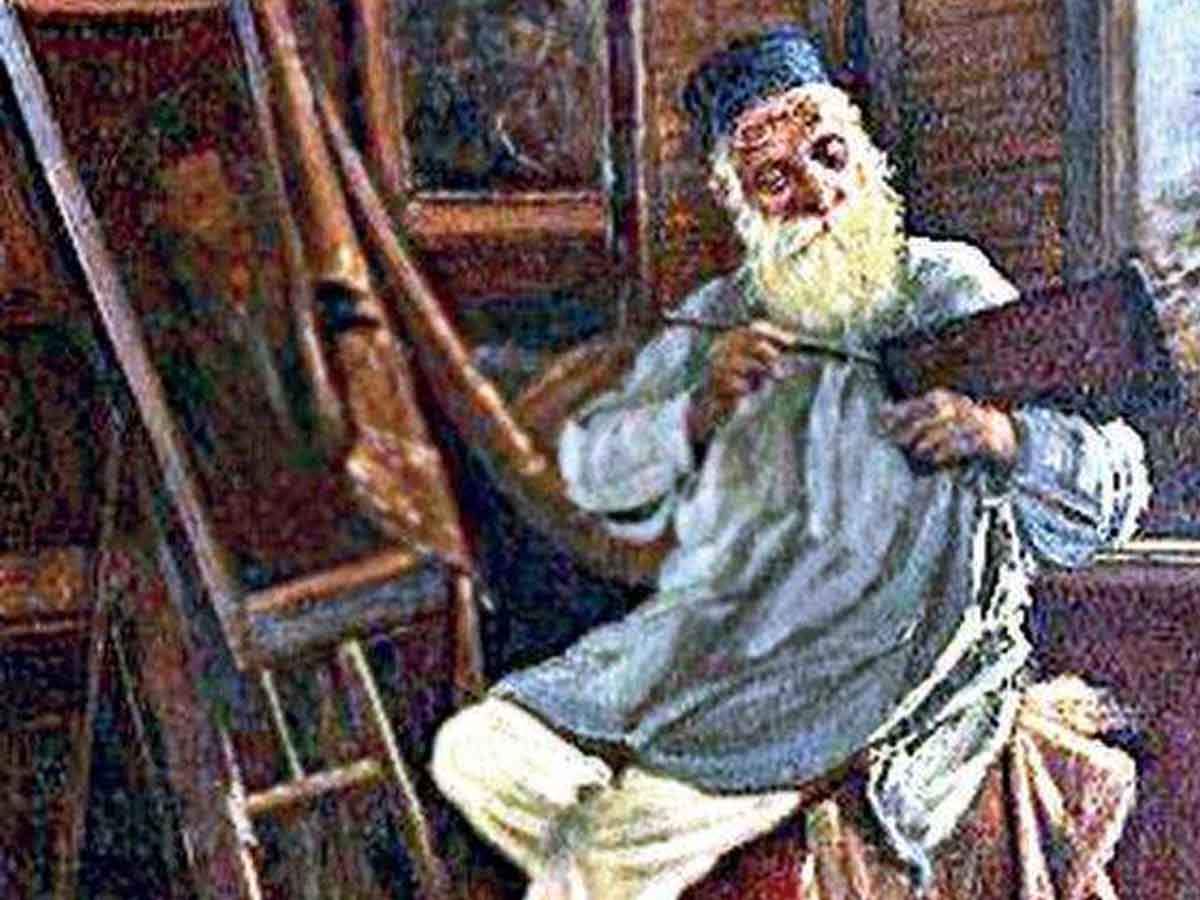Alfred Lichtenstein-Poetic & grotesque Expressionist writer & poet
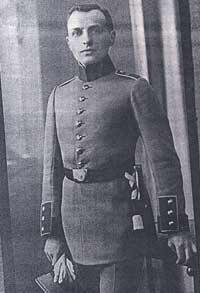
"Oh You Berlin, you colourful stone, you beast!-Alfred Lichtenstein
Alfred Lichtenstein grew up in Berlin with his four siblings.
His parents were David and Franziska Lichtenstein.
His father was a textile manufacturer.
Alfred Lichtenstein was of German Jewish descent.
He attended Luisenstadtische School and graduated in 1909.
Whilst studying Law in Berlin and Erlangen he began to publish poems.
They were published in the Berlin Newspaper "Der Sturm"
He also participated in the Expressionist musings of "Der Neu Club" Established by
Jakob Von Hoddis and Kurt Hiller in Berlin.
Alfred Lichtenstein like many Expressionists was influenced and greatly admired Jakob Von Hoddis. The author of the poem Wletende-Worlds end.
He was also taken by the French writer A. Jarry and took to riding a bicycle about Berlin in fashion of him.
In 1913 Alfred published his collection of poems "Twilight" In the same year he achieved his Law Doctorate.
By October 1913 he was serving as a volunteer in the Bravarian 2nd Infantry Regiment in Munich.
Alfred Lichtenstein was deployed at the outbreak of war in 1914.
He was killed in action early in the war on September 25th 1914 near Vermandovillers, Somme.
"I am the Enemy you killed my friend. I knew you in this dark:For so you frowned Yesterday though me as you jabbed and killed. I parried:But my hands were loathe and cold. Let us sleep now"
From Strange meeting by Wilfred Owen
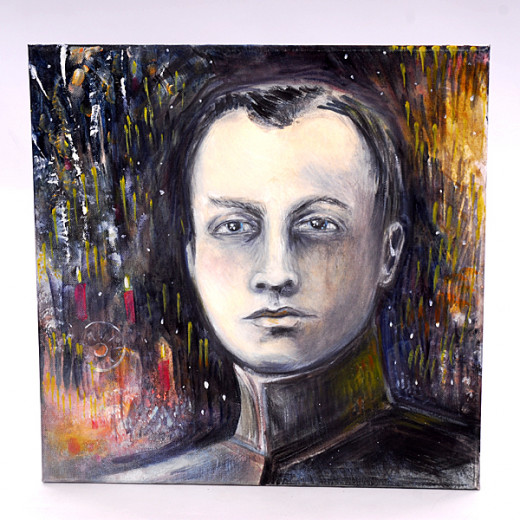
Free Expression
Alfred Lichtenstein poem's are written as visual portraits.
They are Expressionist and are not romantic in style. The visual portraits he illustrates with words often paint a Society that is in decay and is grotesque.
Indeed life has moments that are tragic and a sudden loss-The unexpected.
The situations and people in his poems are so lustful, lonely or so tragic that it becomes comic.
Alfred Lichtenstein was interested in writing of the sudden twists of fate and fortune.
This is also part of the Expressionist style the grotesque becomes comedy.
Today people speak of the clown as sometimes being a tragic character-The tears of a clown.
In theatre the tragic and joyful symbolic masks.
In his writing and poetry he is not afraid to express the lustful, hungry side of human nature.
He also describes the result of an unfortunate incident or experience to a person, The consequence or behaviour upon the individual character is written about with an understanding.
This gift of seeing into people that Alfred had of course never had the chance to mature fully.
He was killed early on in WW1.
It is hard to say if his work would have become even more grotesque or more involved with the depths of his character portrayal.
"He tried to drink and eat away his grief, to no avail. After he had eaten and drunk for some time, he was insane." The poet in "The Winner"
"A seeker without a goal..a man drift........unknown to every one..One has a frightening longing. O that one might know for what" Kohn "The Winner"
"Often I was so sated that I did not know what to order for myself" Poem-A poor Man sings
Alfred Lichtenstein was interested in characters and their flaws. Approaching sociologist observations in his writings, he was recognising how Society and beliefs shape a person.
Part of the Expressionist style is to push the comfort zone and in poems like "Smoke on the field" and "Falling in the River" His character Lene Levi is flawed by Society and her desire for fame.
"Lene Levi went out into the evening...
And she spoke weeping, aching, crazy
Strange words
Which the wind tossed, so that they popped
Like pods
They made bloody scratches on trees
And, shredded, hung on houses
And in these deaf streets
died all alone" Abridged from "Smoke on the field" Alfred Lichtestein
The expression of this poem is to paint the distorted world of the character Lene Levi.
Through the poems and narrative that Alfred Lichtenstein wrote of her as you read she slowly dissolves and slips through the cracks of Society.
What is uncomfortable to note is that hundred years on people in our modern Society across the world are still as vulnerable to slip into drug abuse and poverty.
Modern day Urbania lives are still peppered with the grotesque.
Alfred lichtenstein was an honest clear writer and use words and the meaning of them to produce symbolic and playful thoughts and visuals.
In his poem "Twilight" this playfulness is seen in lines like "The crying baby carriage is wailing" In this writing of course the baby is wailing but the baby is out of sight so the "carriage is wailing"
The symbolic and word play can also be read in his description during "The Winner"
"A horse hobbled by, pulling a carriage, like an old man. The hunchback Kohn idly leaned against the Catholic Church, thinking about existence. He said to himself -Yet how odd existence really is"
Outbreak of World War
Alfred Lichenstein's expressed in some of his poems the desire to carry on having flings with girls and getting drunk. Instead of having to give it up to go to war. It speaks for the sad loss of a generations youth.
This was true of Europe and beyond. Who knows the impact of such a loss of so many bright souls on all layers of profession and there progressions.
Like other War poets around him in Europe at the time he knew that there was a good chance they would die on the battlefields of WW1.
In Alfred Lichtenstein's poetry his words are almost prophetic the clouds of war and turbulence filled his poems someyears before the outbreak of World War.
During his Military training and descent into the Battlefields of WW1 Alfred Lichenstein carried on writing poetry.
His last poems were prophetic of Death
Farewell
(For peter Scher) A poem by Alfred Lichtenstein
Before dying I am making my poem
Quiet Comrades-Do not disturb me.
We are going off to War. Death is our cement.
If only my beloved did not shed these tears for me.
What I am doing.I go gladly.
Mother is crying. One must be made of iron.
The sun sinks to the horizon.
Soon I shall be tossed into a gentle mass grave.
In the sky the fine red of evening is burning.
Perhaps in thirteen days I'll be dead
Alfre Lichenstein is buried in a mass grave at Vermandovillers. The Expressionist writer
Johannes Reinhard Sorge also is buried in the same Cemetry.
There is no marking for them.
Portrait of a Expressionist Poet
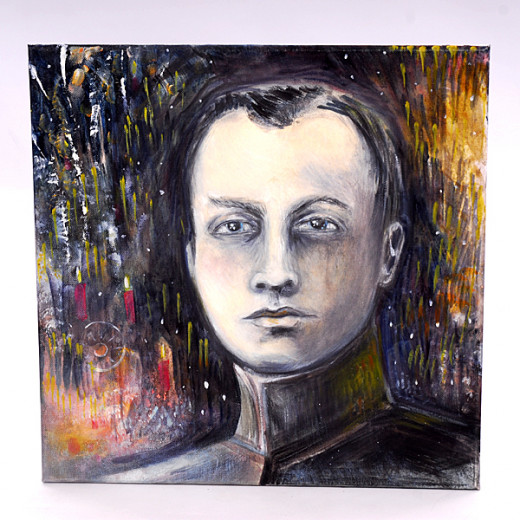
Further reading of Alfred Lichtenstein
- "I stand firm in the greyness and defy death" Alfred...
The Battle of the Frontiers and Alfred Lichtenstein's verse 1889-1914 - Jakob Von Hoddis -Expressionist poet- Weltende 1887-...
The biography of Jakob Von Hoddis the Expressionist poet 1887-1942 - Sorley's Weather- Charles Hamilton Sorley Illustrat...
An illustrated biography of the enduring character of Charle Hamilton Sorley. A gifted poet who was killed in World War 1 - Reinhard Johannes Sorge "The Beggar" 1892- 1916 Ill...
The Expressionist Poet and Playwright of
